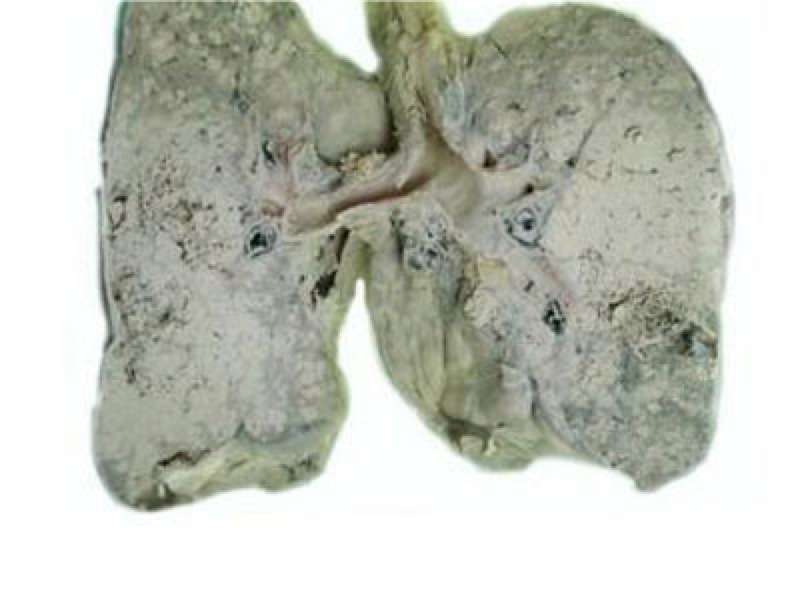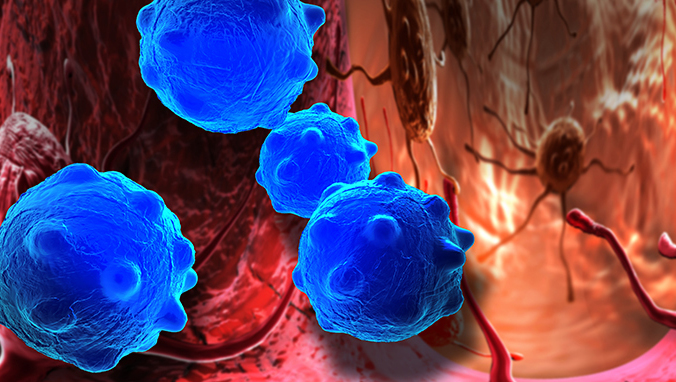Cisplatin intraperitoneal chemotherapy
cisplatin intraperitoneal infusion chemotherapy, which is also a commonly used treatment in clinical practice, has a good effect on intra-abdominal tumors, lymph nodes, and peritoneal metastasis. It is also commonly used in clinical ascites control. Perfusion can generally use some immunomodulatory drugs or chemotherapeutic drugs such as cisplatin. 
Intraperitoneal infusion (IP) chemotherapy has a survival advantage for patients with advanced ovarian cancer after 10 years of treatment; IP chemotherapy prolongs the survival of patients with gross residual disease (GRD); patient survival increases with the number of cycles of IP chemotherapy improve.
1996-2006 During the year, GOG published three phase III clinical trials (GOG104, GOG114, GOG172) of IP chemotherapy for ovarian cancer, all of which proved that IP chemotherapy was superior to IV chemotherapy alone in terms of survival. In 2006, a meta-analysis retrieved nearly 40 During the year, 198 clinical trials included 15609 ovarian cancer patients and found that the regimen containing cisplatin and paclitaxel and IP chemotherapy had the highest chance of improving survival (92%).
Compared with non-IP chemotherapy and neither platinum nor paclitaxel, the relative risk of death was reduced by 55%. In view of the above research results and the fact that the IP chemotherapy in the United States is not sufficiently common, the National Cancer Institute (NCI) issued a special statement in 2006, emphasizing that the first-line treatment plan for postoperative reduction of stage III epithelial ovarian cancer should be paclitaxel + cis Platinum IV+IP combined chemotherapy.
In spite of this, there is still much controversy in the clinical treatment of IP chemotherapy. The main reason is that the existing phase III, randomized controlled clinical trials have not obtained data on long-term efficacy. Posted in J Clin Oncol This retrospective study not only reported the long-term efficacy advantages of IP chemotherapy for the first time, but also believed that IP chemotherapy can improve the survival of GRD patients. The more cycles of IP chemotherapy, the better the survival of patients. However, this result is far from calming the debate surrounding the clinical status of IP chemotherapy in the treatment of ovarian cancer.
In addition to the routine puncture operation and other procedures that require meticulous intraperitoneal chemotherapy, chemotherapy routinely has side effects such as nausea and decreased appetite. Special attention should be paid to the possibility of intestinal adhesions, and some hospitals are more likely to carry out hot intraperitoneal chemotherapy adhesions. For patients with extensive intra-abdominal adhesions, be careful, as it will lead to incomplete or complete intestinal obstruction.
Related Articles

- Early symptoms of lung cancer
- 2020-12-17

- Early Signs of Bladder Cancer
- What are the early symptoms of bladder cancer?
- 2020-12-17

- First-line chemotherapy for squamous cell carcinoma
- Squamous cell carcinoma is abbreviated as squamous cell carcinoma, also known as epidermal carcinoma. It is a malignant tumor that occurs in epidermal or accessory organ cells. Cancer cells
- 2020-08-02

- Is the second-grade clear kidney cancer living up to 5 years?
- Nuclear grading is an important prognostic factor for renal clear cell carcinoma and has been included in the WHO classification. Currently, a four-level grading system is generally used. T
- 2020-08-02

- Is metastatic carcinoma easy to metastasize
- Once the cancer has metastasized, it will be very difficult to cure, because many people have lost their lives because of the emergence of cancer, so most people think that cancer is an un
- 2020-08-02

- What does microinfiltrating adenocarcinoma mean?
- Microinfiltrating adenocarcinoma is a type of lung cancer. The reason why it is called microinfiltration means that there is less infiltration around it, which means that it is in the early
- 2020-08-01
